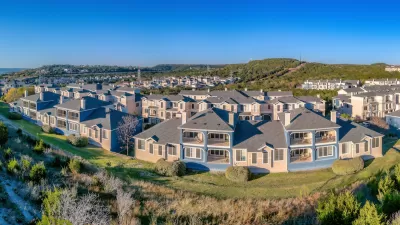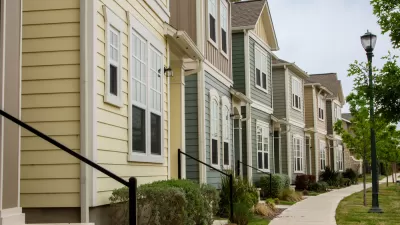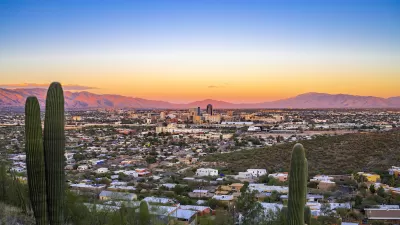Gullah-Geechee residents of Mcintosh County, Georgia, are seeking a referendum to reverse zoning changes they say threaten their community, one of the last in the South. County commissioners say they don’t have that power.

Residents in Mcintosh County, Georgia, are pushing back against zoning changes they say threaten one of the South’s last Gullah-Geechee communities. According to an Associated Press article published by Fox 5 Atlanta the Black residents of Hogg Hummock, located on Sapelo Island, filed a petition seeking a referendum on the county commissioners’ decision last fall to double the size of houses allowed in the community, which residents say “will lead to property tax increases that they won’t be able to afford, possibly forcing them to sell land their families have held for generations.”
Hog Hammock is home to a community of 30 to 50 Gullah-Geechee people, descendants of West and Central Africans who were enslaved and brought to the coastal lands and barrier islands of the southeastern coast of the United States, where they lived in relative isolation, allowing them to retain their African culture, heritage, and traditions.
“Hogg Hummock residents and their supporters submitted a petition on July 9 with more than 2,300 signatures at the McIntosh County courthouse,” writes Russ Bynum for the Associated Press,” which is more than required to put the zoning issue before county voters. But an attorney representing the McIntosh County commissioners submitted a letter to the probate judge, arguing that, “Though Georgia’s state constitution allows citizens to force special elections on some decisions by county governments, it doesn’t give them the power to overturn county zoning decisions.”
“Georgia gives 60 days for a probate judge to review a petition and decide if it meets the requirements for a special election,” Russ reports. If the probate judge sides with the petitioners, the issue could go before voters in September or October.
FULL STORY: County says Georgia slave descendants can't use referendum to challenge zoning changes

Trump Administration Could Effectively End Housing Voucher Program
Federal officials are eyeing major cuts to the Section 8 program that helps millions of low-income households pay rent.

Planetizen Federal Action Tracker
A weekly monitor of how Trump’s orders and actions are impacting planners and planning in America.

Ken Jennings Launches Transit Web Series
The Jeopardy champ wants you to ride public transit.

Rebuilding Smarter: How LA County Is Guiding Fire-Ravaged Communities Toward Resilience
Los Angeles County is leading a coordinated effort to help fire-impacted communities rebuild with resilience by providing recovery resources, promoting fire-wise design, and aligning reconstruction with broader sustainability and climate goals.

When Borders Blur: Regional Collaboration in Action
As regional challenges outgrow city boundaries, “When Borders Blur” explores how cross-jurisdictional collaboration can drive smarter, more resilient urban planning, sharing real-world lessons from thriving partnerships across North America.

Philadelphia Is Expanding its Network of Roundabouts
Roundabouts are widely shown to decrease traffic speed, reduce congestion, and improve efficiency.
Urban Design for Planners 1: Software Tools
This six-course series explores essential urban design concepts using open source software and equips planners with the tools they need to participate fully in the urban design process.
Planning for Universal Design
Learn the tools for implementing Universal Design in planning regulations.
Ada County Highway District
Clanton & Associates, Inc.
Jessamine County Fiscal Court
Institute for Housing and Urban Development Studies (IHS)
City of Grandview
Harvard GSD Executive Education
Toledo-Lucas County Plan Commissions
Salt Lake City
NYU Wagner Graduate School of Public Service





























